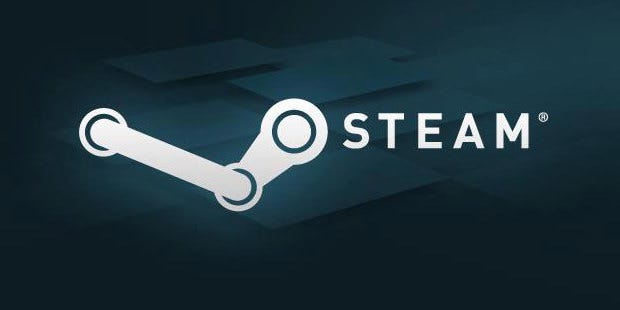New Steam Refunds Policy Makes Getting Your Money Back Far Simpler, But Some Devs Are Concerned
Money back guarantee
A new update to Steam's refund policy looks like it's what gamers have been crying for - a way to far more easily get their money back when buying Steam games which don't work on their machines. Within 14 days of purchase, and so long as you've played for under two hours, they'll give you a refund. Hurrah! However, we've spoken to developers who are concerned the new system makes it extremely simple for Steam users to keep non-DRM games and then get their money back. Let alone the issues it raises for games that last under two hours.
Previously, Steam's refund policy was near non-existent. Essentially, if you bought it, you bought it. As of tonight, the policy has been changed to become enormously more liberal for Steam customers. It now reads,
"You can request a refund for nearly any purchase on Steam — for any reason. Maybe your PC doesn't meet the hardware requirements; maybe you bought a game by mistake; maybe you played the title for an hour and just didn't like it. It doesn't matter."
It goes on to say,
"Valve will, upon request via help.steampowered.com, issue a refund for any reason, if the request is made within fourteen days of purchase, and the title has been played for less than two hours."
For too long it's been far too difficult for Steam customers to get their money back. Valve's move is, at first glance, a superb change from the frustrating and arcane process that preceded this change. This is especially the case with Steam's extraordinary churn of... let's say less high quality games of late.
But after speaking with developers, we've learned that there is concern about the immediately obvious exploits the system offers.
Games that have opted not to use Steam's DRM, which of course is usually perceived as a customer-friendly decision, can now be purchased, copied over into a different directory, and then a refund requested. With the new no-quibble policy, they'll get their money back, and have a working copy of the game remaining on their hard drive. It is, essentially, the same shady antics that were possible when brick-n-shelving game stores would provide refunds on DRM-free boxed PC games. It was, in fact, a huge reason why boxed PC games had DRM.
It's also worth noting that any trading cards dropped in the opening two hours of a game (which of course is prime dropping time) can, as well, be sold before the refund is issued. This means these new changes go so far as to provide customers with a way to profit from buying and refunding games.
Then there are the enormous problems this raises for developers whose games last under two hours. Dear Esther, Gone Home, heck, even the original Portal, are designed to have short running times. Once completed, there's nothing (other than honour, I suppose) to stop a customer requesting a refund for a game they've completed.
Other more tricksy issues spring to mind. Organised mob use of Steam reviews are already commonplace, but require the users to have purchased and played the game. With the new system now in place, it will be simple for such organised groups to buy a game, review bomb it, then get refunds. And goodness knows how this will work with games set to offline mode.
It's obviously good news that Valve are making moves to make it easier for customers to receive legitimate refunds. But it's also raising a whole heap of issues for developers whose DRM-free (as is increasingly commonplace on Steam) games can now be half-inched with minimal fuss, via legitimate channels. Might this feel a more legitimate method of getting a free game than turning to the naughty world of torrents? Or will it mean that yes, some will be rubbish, but ultimately it's good news for the majority who'll use the system fairly?
We've contacted Valve about these issues, to ask if they are considering ways to address them.
(PS. No one's allowed to do this now we've pointed it out.)









